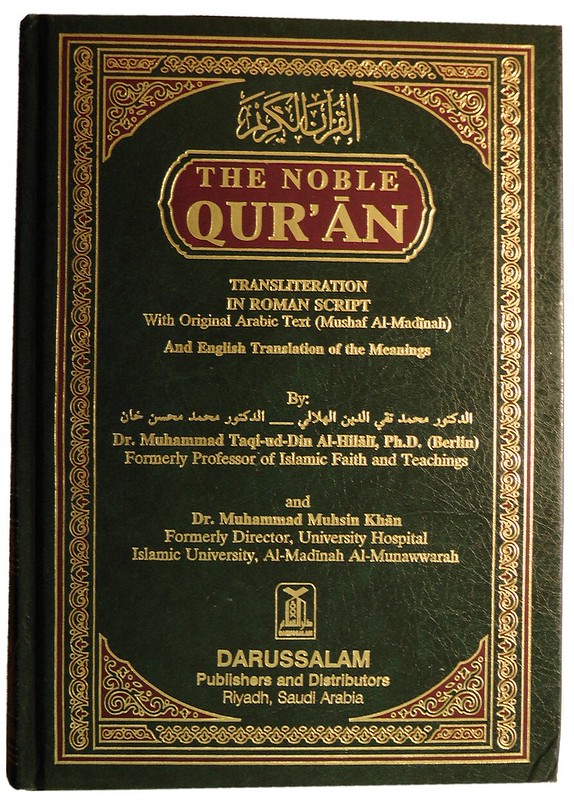Understanding the Birth of Islam
Islam, a religion embraced by over a billion people worldwide, has a rich and fascinating history that traces back to its very beginnings in 7th century Arabia. The story of how Islam started and spread is not just a tale of religious expansion but also a journey of cultural influence and societal transformation.
The Birth of Islam: A Revelation in the Desert
In the vast deserts of Arabia, amidst the bustling city of Mecca, a pivotal moment occurred in history. How Islam started can be traced to the year 610 AD when the Prophet Muhammad received the first revelation from Allah through the Angel Gabriel. This event, known as the beginning of the Islamic faith, marked a profound shift in Arabia’s spiritual landscape.
The revelation came to Muhammad while he was meditating in a cave on Mount Hira, near Mecca. This momentous event not only transformed Muhammad’s life but also laid the foundation for the teachings that would eventually shape the Islamic faith.
The Spread of Islam: From Mecca to the World
From its humble beginnings in Mecca, Islam began to spread rapidly across the Arabian Peninsula and beyond. How Islam spread from a small community of believers in Mecca to a global religion is a testament to its message of monotheism, social justice, and spiritual equality.
One of the key factors contributing to the rapid spread of Islam was its emphasis on equality among its followers. Unlike the rigid social hierarchies prevalent in many societies at the time, Islam preached that all believers, regardless of their background, were equal in the eyes of Allah.
The Early Caliphates: Guardians of the Faith
Following the death of the Prophet Muhammad in 632 AD, Islam faced a critical juncture in its history. The question of leadership and succession led to the establishment of the Rashidun Caliphate, marking the beginning of how Islam spread beyond Arabia under the leadership of Abu Bakr, Umar, Uthman, and Ali.
Under the guidance of the early caliphs, Islam expanded its influence beyond the Arabian Peninsula, reaching into regions as far west as Spain and as far east as Persia. The conquests were not merely military expeditions but also cultural exchanges that facilitated the spread of Islamic teachings, architecture, and governance systems.
Islamic Civilization: Centers of Learning and Innovation
During the medieval period, Islamic civilization flourished, becoming a beacon of knowledge and innovation in various fields. Cities like Baghdad, Cairo, and Cordoba emerged as centers of learning, where scholars from different cultures and religions converged to translate and preserve ancient texts.
One of the most notable contributions of Islamic civilization to the world was its preservation and advancement of knowledge in areas such as mathematics, astronomy, medicine, and philosophy. Scholars like Ibn Sina (Avicenna), Al-Khwarizmi, and Ibn Rushd (Averroes) made significant contributions that laid the foundation for the European Renaissance centuries later.
Conclusion: A Legacy of Diversity and Influence
In conclusion, the story of how Islam started and spread is a testament to the power of faith, knowledge, and cultural exchange. From its origins in 7th century Arabia to its global presence today, Islam has left an indelible mark on human history, shaping societies, cultures, and civilizations across continents.
As we reflect on this journey through history, it becomes evident that the spread of Islam was not merely a geographical expansion but also a transformative force that continues to resonate in the hearts and minds of millions around the world. Understanding this legacy enriches our appreciation for the diverse tapestry of human experience and the enduring quest for spiritual fulfillment.
Through the centuries, Islam has evolved and adapted, embracing cultural diversity while preserving its core teachings of monotheism, compassion, and social justice. Today, as we navigate an interconnected world, the story of how Islam started and spread serves as a reminder of our shared humanity and the enduring quest for knowledge, understanding, and peace.
In essence, the journey of Islam is a testament to the human spirit’s capacity to seek truth, justice, and spiritual fulfillment, transcending borders and bridging cultures.
Recommended Products
The Holy Quran: English Translation of The Noble Qur’an

Are You Interested in These Topics?
- Read more about La Union Tourist Destination Guide: Top 6 Must-See Spots!
- Discover Santa Barbara California Tourist Destinations
- Learn about How Gardening Transforms Your Mental Well-Being



